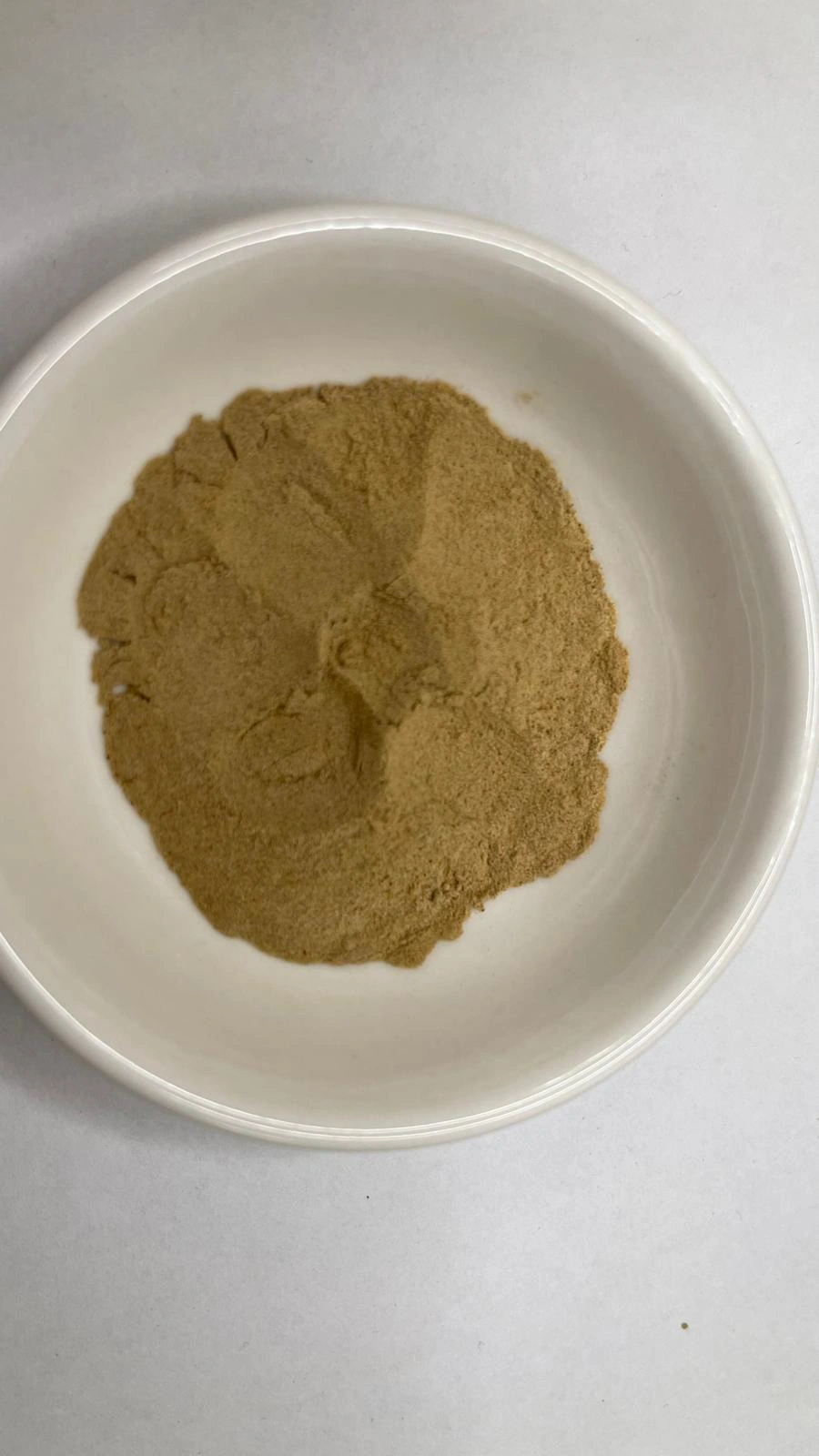



| Quantity | Price | Save |
|---|---|---|
| XXXXX | XXXXX | 5.00% |
| XXXXX | XXXXX | 10.00% |
| XXXXX | XXXXX | 15.00% |
Want high volume of this product? Please place your Bid.
You can view and download product documents, access detailed product information, place orders, request samples, chat with our experts, and much more.
Botanical Name: Siraitia grosvenorii
Plant Part Used: Fruit
Processing Method: Extraction
Organic Monk Fruit Powder is a dehydrated form of monk fruit, made by drying and grinding the fruit of the Siraitia grosvenorii plant, which belongs to the Cucurbitaceae family. This powder retains the natural sweetness and properties of fresh monk fruit. It is a convenient, shelf-stable alternative to fresh monk fruit, offering a fine, sweet powder. Often used in baking, beverages, and food blends, it adds a natural sweetness to dishes while preserving the natural characteristics of the fruit.
| Product Category: | Organics |
| Product Sub Category: | Herbs-Spices-Seasonings |
| Product Mix Category: | Organic RM powders |
| Main Producing Countries | China |